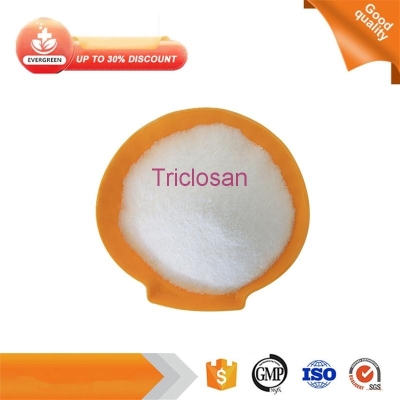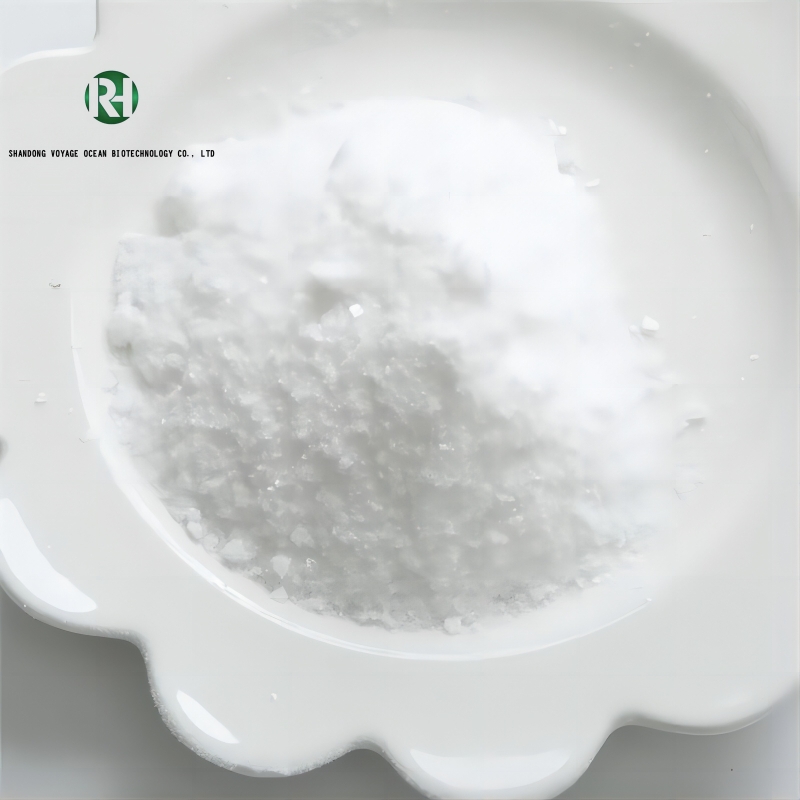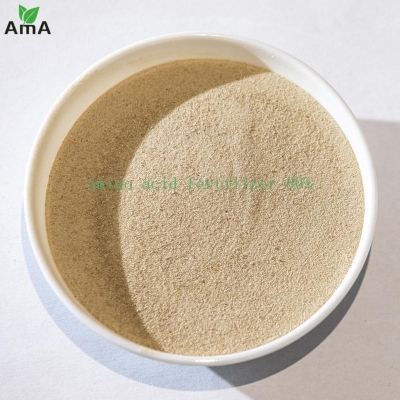Experts say Anhui's restrictions on infusion are a reasonable "visible hand"
-
Last Update: 2014-08-25
-
Source: Internet
-
Author: User
Search more information of high quality chemicals, good prices and reliable suppliers, visit
www.echemi.com
Source: on August 25, 2014, the principle of "no injection if you can take orally, no intravenous injection if you can intramuscular injection" is reflected in the practice of Anhui Province: 53 common diseases are limited to infusion On August 18, Anhui health and Family Planning Commission issued the notice on strengthening the management of intravenous infusion in medical institutions, which clearly includes 53 common diseases and frequently occurring diseases such as common cold, viral pharyngitis and infantile diarrhea that do not need infusion treatment, so as to reduce the proportion of unreasonable use of intravenous infusion As soon as the list was released, it attracted wide attention all over the country Industry insiders believe that this "strictest restriction" is the key point for government departments to find out and effectively rectify the infusion disorder According to the notice, in order to standardize the medical behavior and improve the treatment effect, after extensive consultation, Anhui Province has identified 53 kinds of common diseases without infusion treatment, which are frequently occurring In the treatment of patients with these diseases, intravenous infusion is generally not used If infusion is needed, an explanation should be attached Hang bottle of water when the body is uncomfortable, which has become a habitual "prescription" for many patients According to some data, each person in China hangs 8 bottles of water every year, far higher than the international level of 2.5-3.3 bottles "Unreasonable use of intravenous infusion will bring a series of problems, such as the rise of medical costs, the extension of medical treatment time and the increase of medical risks." According to the notice, intravenous infusion can only be used when the patient has dysphagia, severe absorption disorder, such as vomiting, severe diarrhea, critical illness, rapid development and high concentration of drugs in the tissue "Infusion can accelerate metabolism and achieve quick results, but it is also the most risky way of administration Because the drug enters the blood directly, it will cause damage to the organs, and it is easy to cause adverse reactions " Said a doctor at a top three hospital in Anhui Province However, the abuse of antibiotics is accompanied by disorderly infusion, especially in pediatric areas "Some diseases, such as the cold caused by the virus, are not effective with antibiotics." The doctor said The causes of disorderly infusion are complex Industry insiders pointed out that due to the high price of infusion products and many kickbacks, hospitals chase operating profits, and even set certain indicators, resulting in bad drug habits of doctors over time In addition, the wrong concept of medication is also one of the reasons "Overuse of intravenous injection is a manifestation of over treatment, which is not only harmful to the health of patients, but also increases the economic burden of patients." Wang Kaiyu, a sociologist in Anhui Province, said 53 kinds of common diseases do not need transfusion, which will inevitably affect the interests of some medical institutions and injection pharmaceutical enterprises Some "negative" voices pointed out that in the context of streamlining administration and delegating power, Anhui imposed some diseases by administrative means without infusion, which would excessively interfere with the operation of medical institutions The reporter noted that Anhui "restriction" is based on the notice on the management of clinical application of antibiotics in 2014 issued by the national health and Family Planning Commission in April this year This notice proposes to organize the monitoring of the use of antibiotics in the outpatient and emergency departments According to the monitoring results, targeted measures should be taken to reduce the proportion and amount of antibiotics used in the outpatient and emergency departments According to Anhui University of administration Professor ang Yongsheng, it is the administrative departments that perform their duties according to laws and regulations to issue the list without infusion in Anhui, and the theory of excessive intervention is not tenable "Streamlining administration and delegating power emphasizes the government's actions Infusion flooding and excessive medical treatment have been criticized for a long time It is not a problem that can be regulated by the market, but a problem involving the public interest It requires the government to use the "visible hand", give full play to the administrative power reasonably, restrict and regulate the abnormal medical behaviors, guide the hospital to use drugs reasonably, and the masses to seek medical treatment scientifically and supervise the use of drugs, so as to protect the people's life, health and safety ”"Some of the medical institutions and injection pharmaceutical enterprises have obtained improper benefits through the sale of infusion drugs, and it's no mistake to separate them now." The head of Anhui Province, a well-known pharmaceutical company, also agreed with the list However, some people also worry that it is very difficult to implement the "restriction" "It's unrealistic for patients to remember the 53 non transfusion diseases, and more necessary for medical authorities to establish a sound supervision and accountability system, so that the policy can be implemented." Wang Kaiyu said In this regard, Anhui Province will regularly carry out intravenous infusion prescription review and random inspection of medical institutions, and report the inspection results to the whole province, and include the objective assessment of all regions to ensure the implementation of the policy Some experts also pointed out that the flooding of infusion is one of the remaining problems of "supporting medical treatment with drugs" If we want to cure it, we need to deepen the medical reform, improve the system design, and promote the comprehensive reform of management system and compensation mechanism as a whole
This article is an English version of an article which is originally in the Chinese language on echemi.com and is provided for information purposes only.
This website makes no representation or warranty of any kind, either expressed or implied, as to the accuracy, completeness ownership or reliability of
the article or any translations thereof. If you have any concerns or complaints relating to the article, please send an email, providing a detailed
description of the concern or complaint, to
service@echemi.com. A staff member will contact you within 5 working days. Once verified, infringing content
will be removed immediately.







